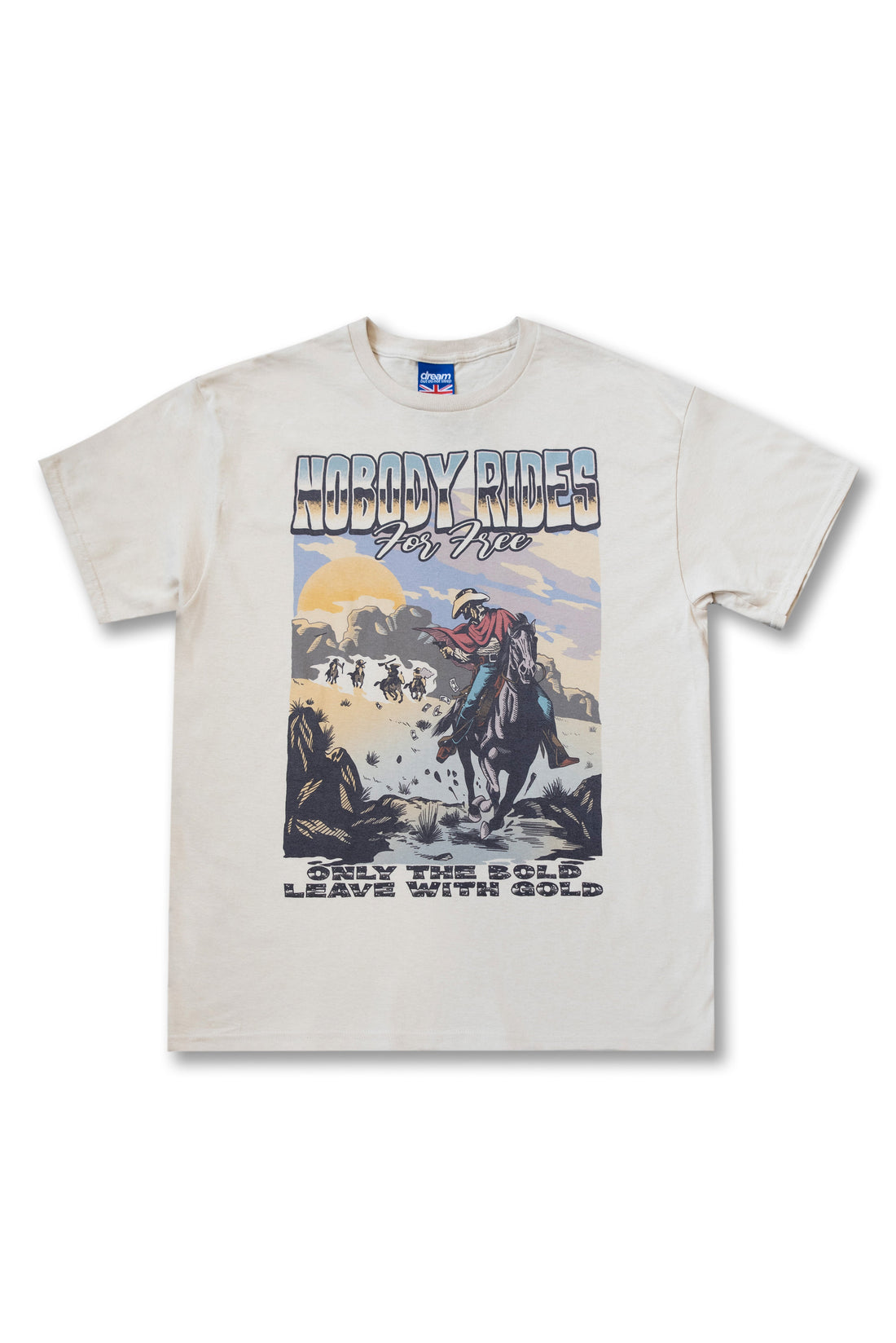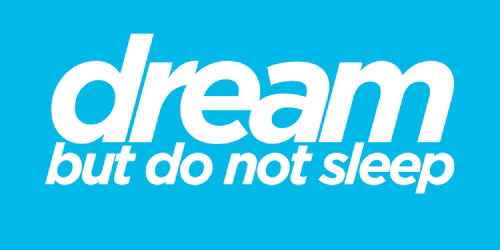
The Rise of Sustainable Streetwear and Its Impact on the Industry
Share
In recent years, sustainable streetwear has become an influential force in the fashion industry. This shift towards eco-friendly fashion is not only transforming how we perceive clothing but also redefining the industry's cultural and economic landscapes. At the heart of this evolution is a collective call for sustainable practices, driven by conscientious consumers who demand transparency, ethical production, and environmental stewardship from the brands they support.
The Growing Demand for Sustainable Clothing
As awareness about climate change grows, more consumers are looking for ways to reduce their environmental footprint. The fashion industry, historically known for its significant waste and environmental impact, has come under scrutiny. This has led to a burgeoning demand for sustainable clothing, which emphasises the use of organic materials, recycling, and fair-trade practices.
Streetwear, with its roots in skate and hip-hop culture, has always resonated with the voice of the youth. This connection to younger, more environmentally-conscious consumers has paved the way for streetwear brands to adopt sustainable practices. Today, many brands are turning to organic cotton, recycling old garments, and using eco-friendly dyes to meet this demand.
Dream but Do Not Sleep: Pioneers in Eco-Friendly Fashion
One standout brand that embodies this shift is Dream but Do Not Sleep. They have been at the forefront of heralding a new era in streetwear by incorporating sustainability into their collections. This is reflected in their diverse range of products, which marry style with eco-consciousness.
For instance, the Short Sleeved T-Shirt in Sand with Cowboy Western Print is crafted using responsibly sourced materials, ensuring comfort and style without compromising on ethical practices. Similarly, their Short Sleeved T-shirt in Navy With Futuristic Logo Embroidery showcases cutting-edge design with a sustainable twist.
By prioritising sustainability, Dream but Do Not Sleep not only addresses environmental concerns but also sets a standard for the entire industry to follow.
The Economic Implications of Sustainable Streetwear
Sustainable streetwear is not just a trend; it is becoming an economic necessity. Brands that fail to adapt to this new reality risk losing relevance and market share. Consumers are willing to invest more in sustainable items because they understand the true cost of fast fashion. This shift is prompting a reevaluation of pricing strategies and business models.
The appeal of sustainable clothing extends beyond individual consumers. Retailers are increasingly showcasing eco-friendly brands, recognising that offering sustainable options can drive foot traffic and enhance brand loyalty. As more brands like Dream but Do Not Sleep embrace these practices, the entire supply chain benefits—from ethical sourcing through to environmentally-conscious manufacturing processes.
Innovations in Sustainable Fashion
One of the most exciting aspects of sustainable streetwear is the innovation it sparks. Brands are not only improving existing practices but also exploring new ways to reduce their carbon footprint. The use of technology and creative design are pivotal in this transformation.
Materials science is at the forefront, with advancements in biodegradable textiles and zero-waste manufacturing. The adoption of digital technologies, such as blockchain, offers a transparent view of the production process, further assuring consumers of a brand’s commitment to sustainability.
Dream but Do Not Sleep exemplifies this innovative spirit through their clothing line, including the Premium Hoodie in Black with Dream Sports Logo Embroidery. This hoodie is not only a testament to quality craftsmanship but also a model of how fashion can be both trendy and environmentally friendly.
The Cultural Impact of Sustainable Streetwear
The rise of sustainable streetwear is also reshaping cultural narratives within the fashion world. Sustainability has become synonymous with social responsibility and empowerment, values that are increasingly important to today's youth. Streetwear, already a formidable cultural force, is elevating these discussions and embedding them within the fabric of society.
By wearing sustainable garments, consumers are making a statement. It signifies an alignment of personal values with broader environmental and social goals. The Short Sleeved Cotton T-shirt in Black Futuristic Oval Logo from Dream but Do Not Sleep encapsulates this ethos. It is more than just a piece of clothing; it is a reflection of a lifestyle committed to sustainability.
Looking Ahead: The Future of Sustainable Streetwear
As we look to the future, the influence of sustainable streetwear will likely continue to grow. Brands that champion sustainability are poised to lead the charge in this evolving market. Consumers are increasingly aware of their choices and are more likely to support brands that align with their values.
Dream but Do Not Sleep remains a pivotal player, continuing to set trends while maintaining a strong commitment to environmental and social responsibility. Their diverse product offerings, such as the Premium Hoodie in Navy with Dream Sports Logo Embroidery, are indicative of a future where fashion and sustainability go hand in hand.
In conclusion, the rise of sustainable streetwear is reshaping the fashion industry. Brands are rethinking their practices, consumers are realigning their values, and the industry as a whole is moving towards a more sustainable future. As we continue this journey, the promise of fashion that respects both people and the planet shines brightly on the horizon.
For more insights and to explore a curated selection of eco-friendly streetwear, visit Dream but Do Not Sleep's website.
